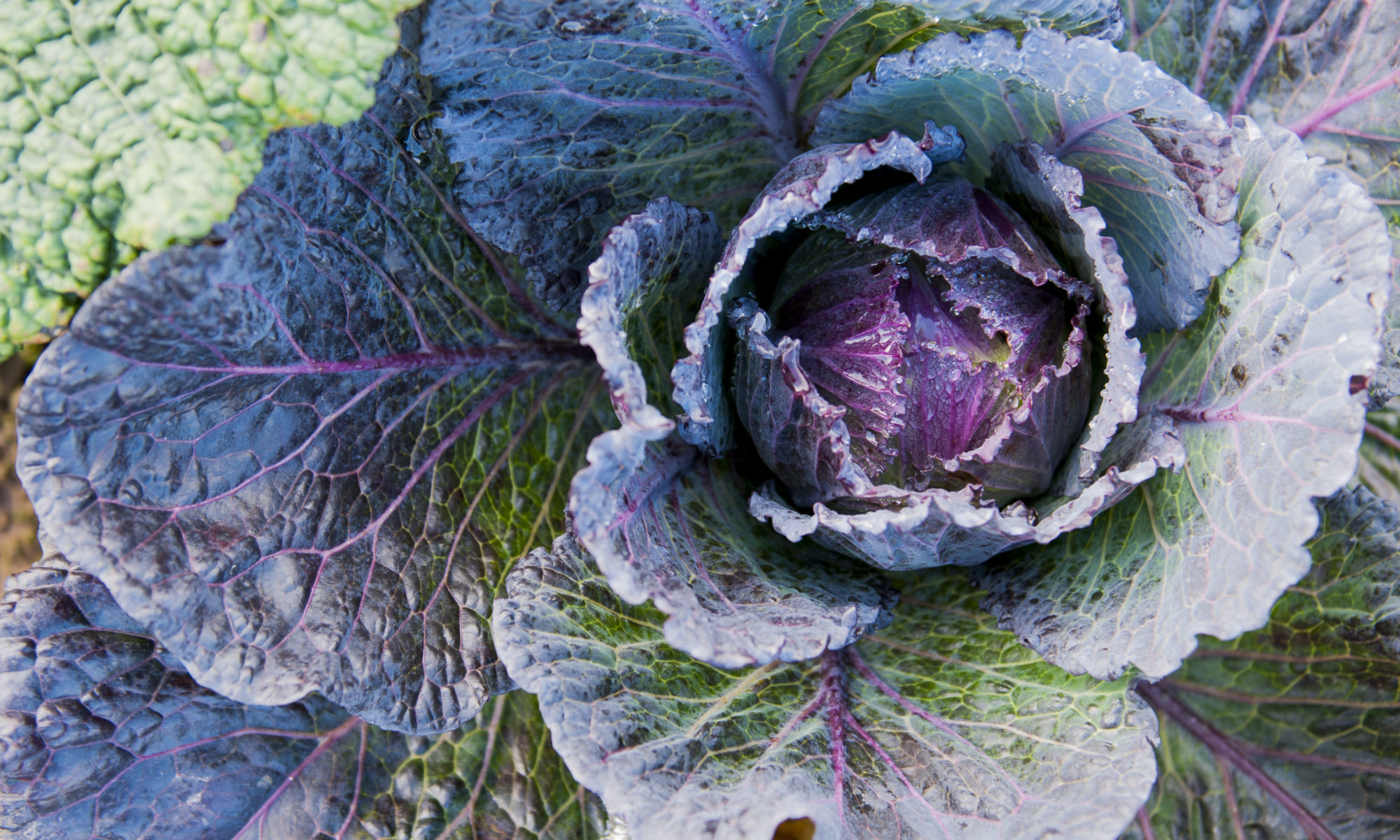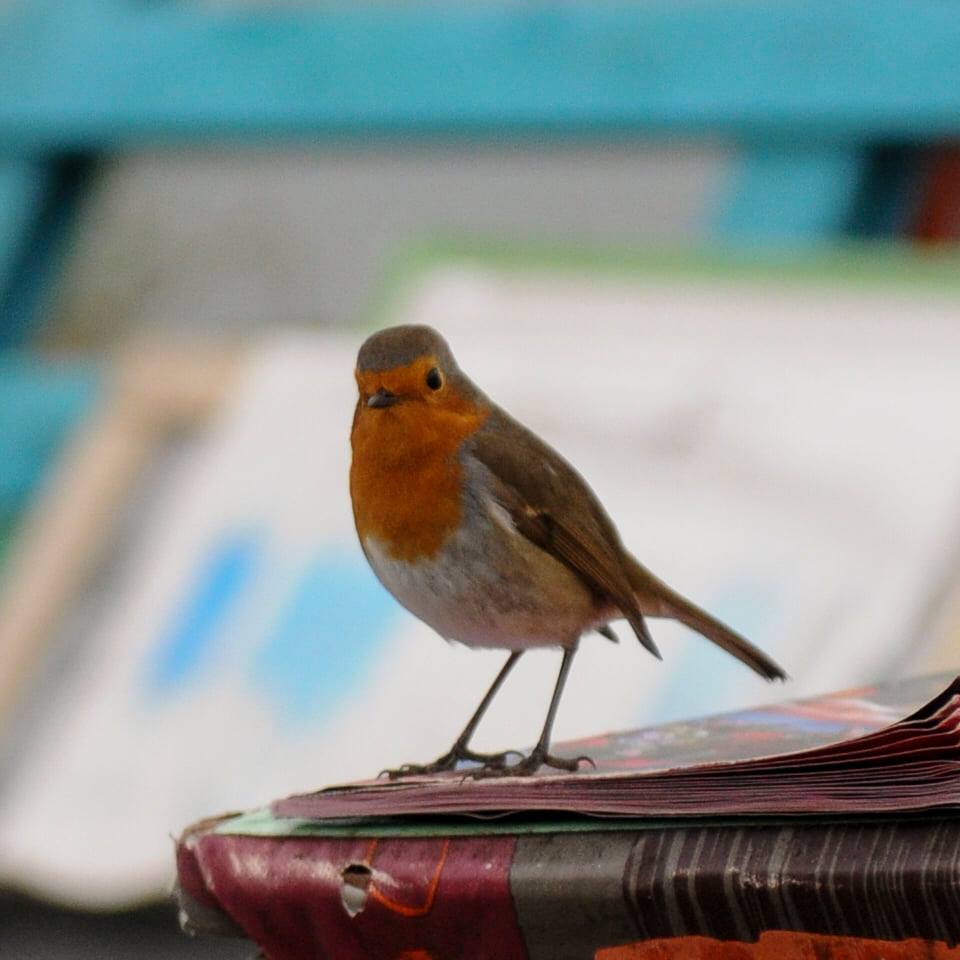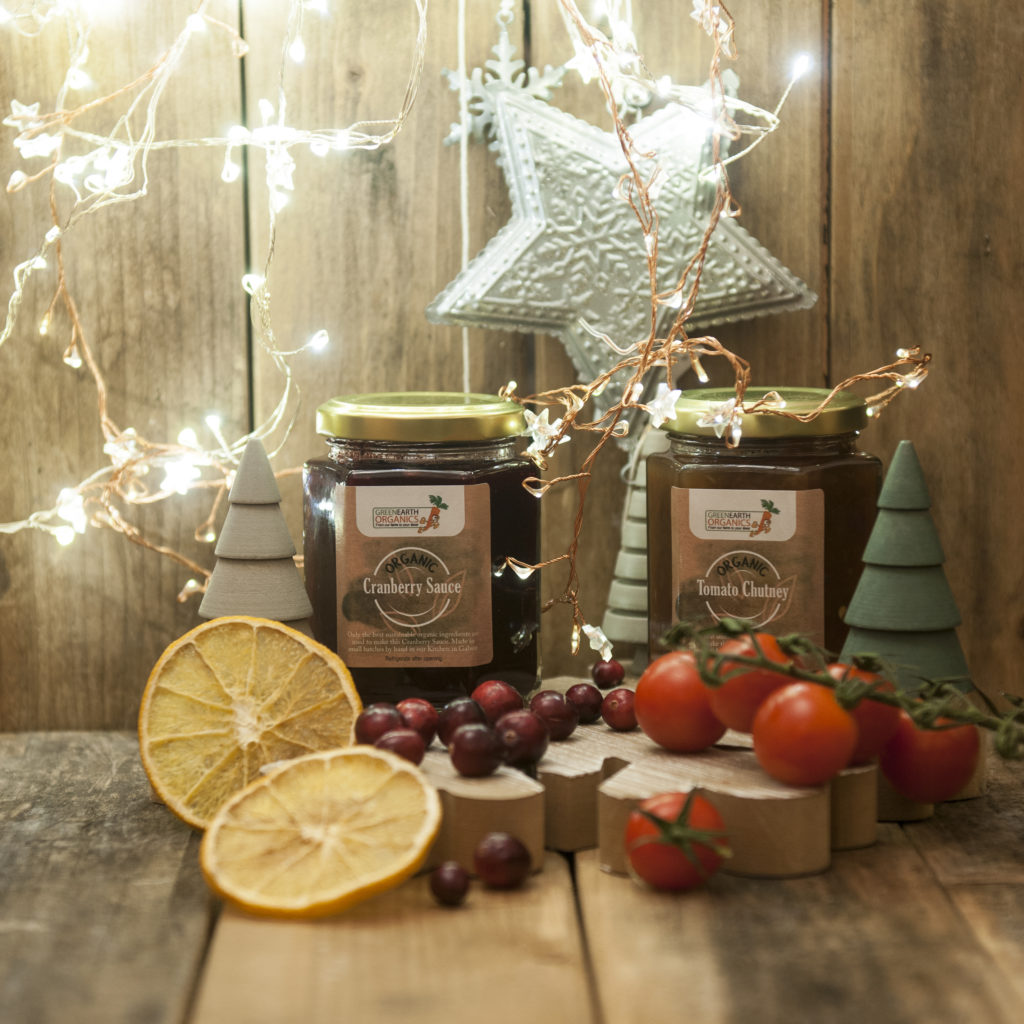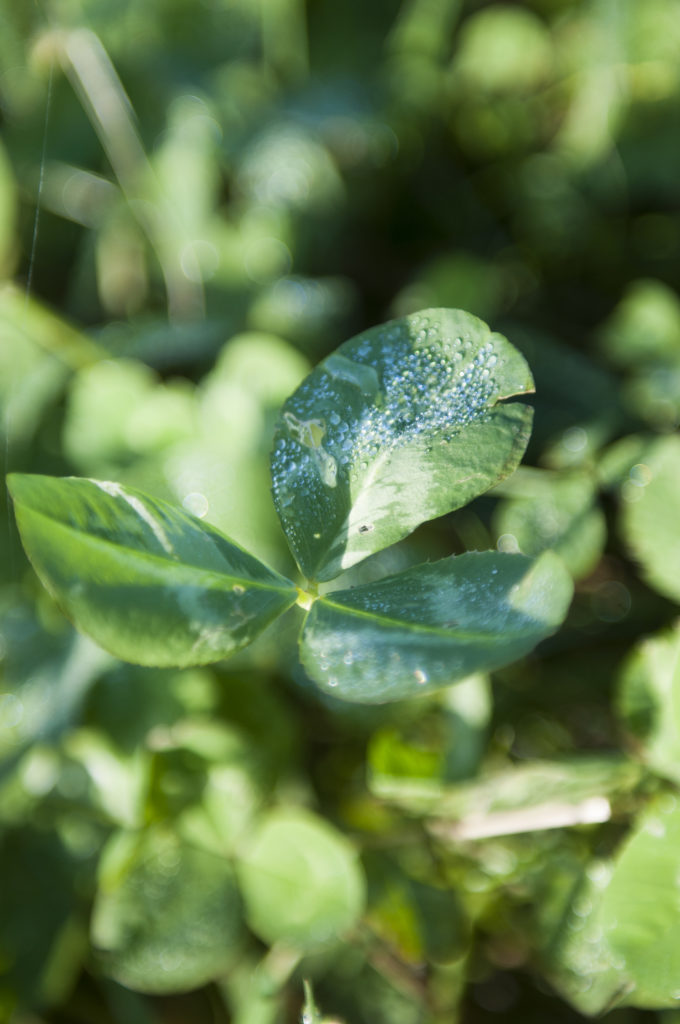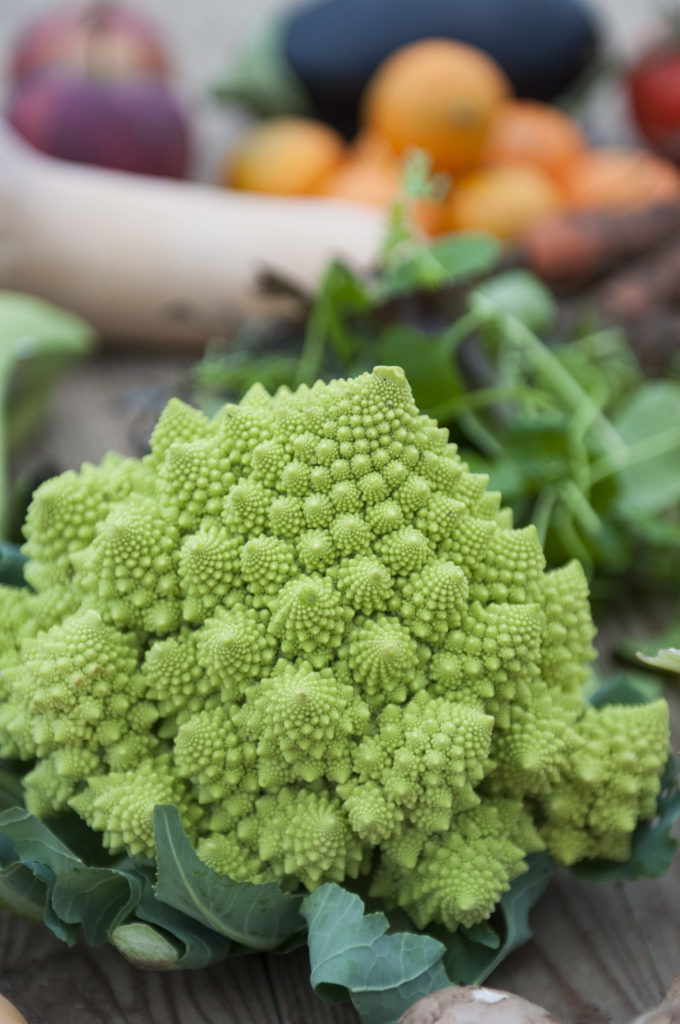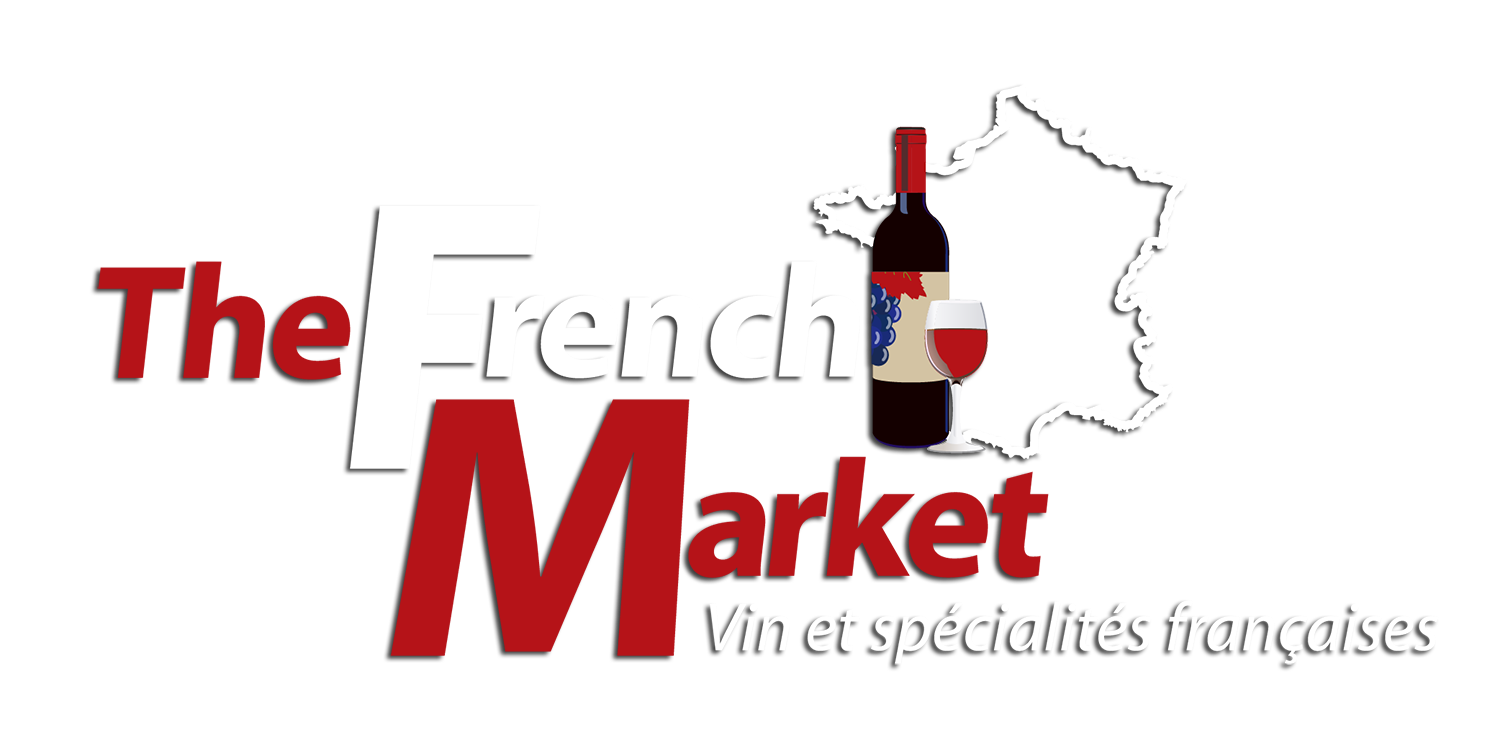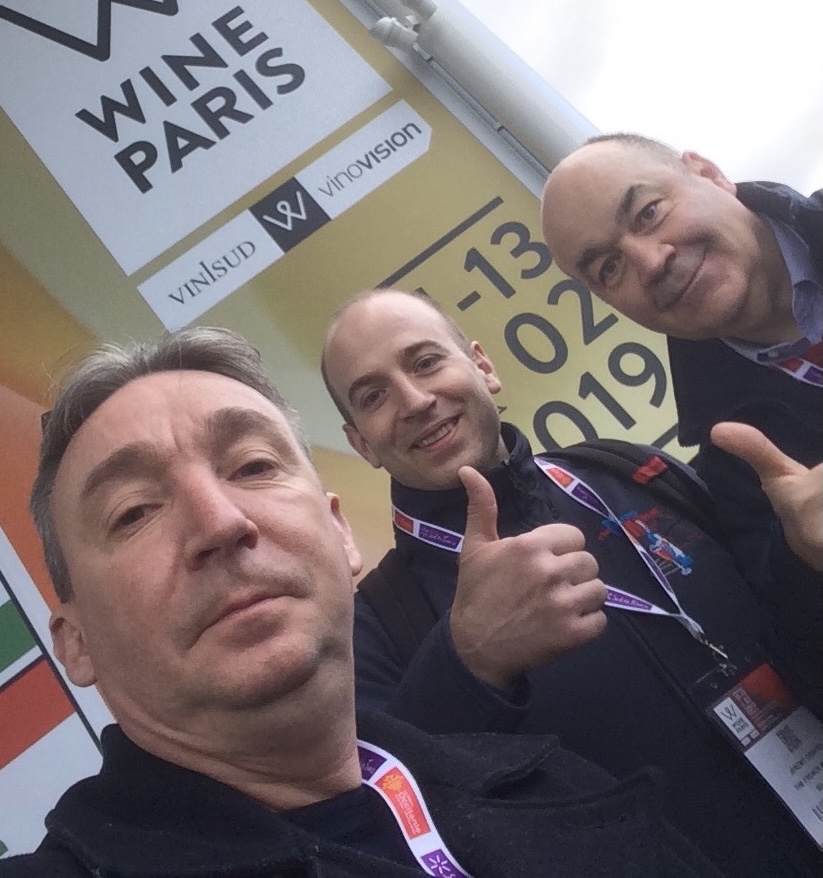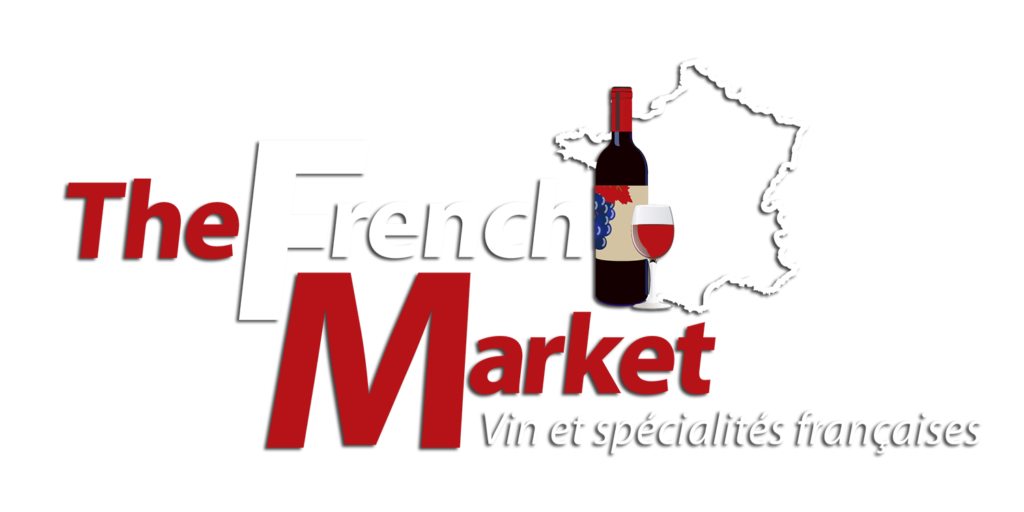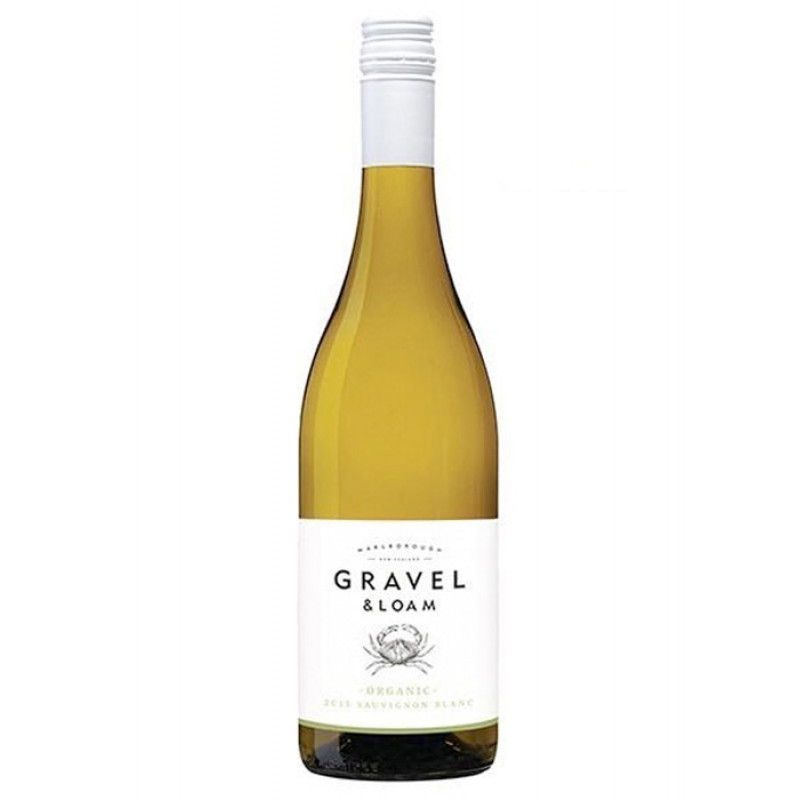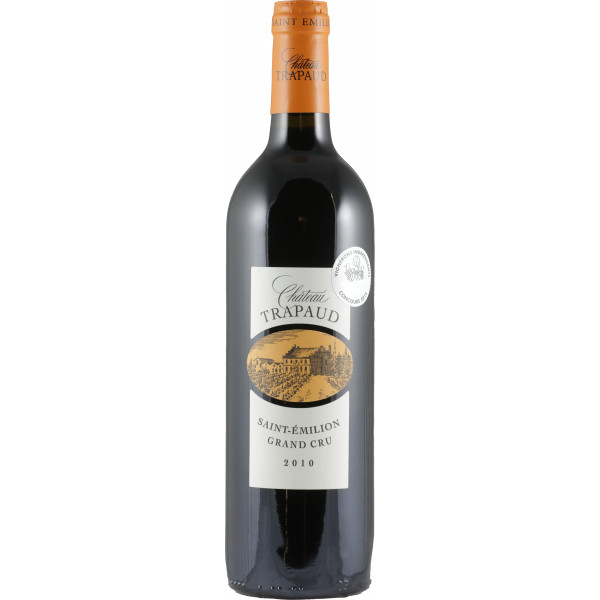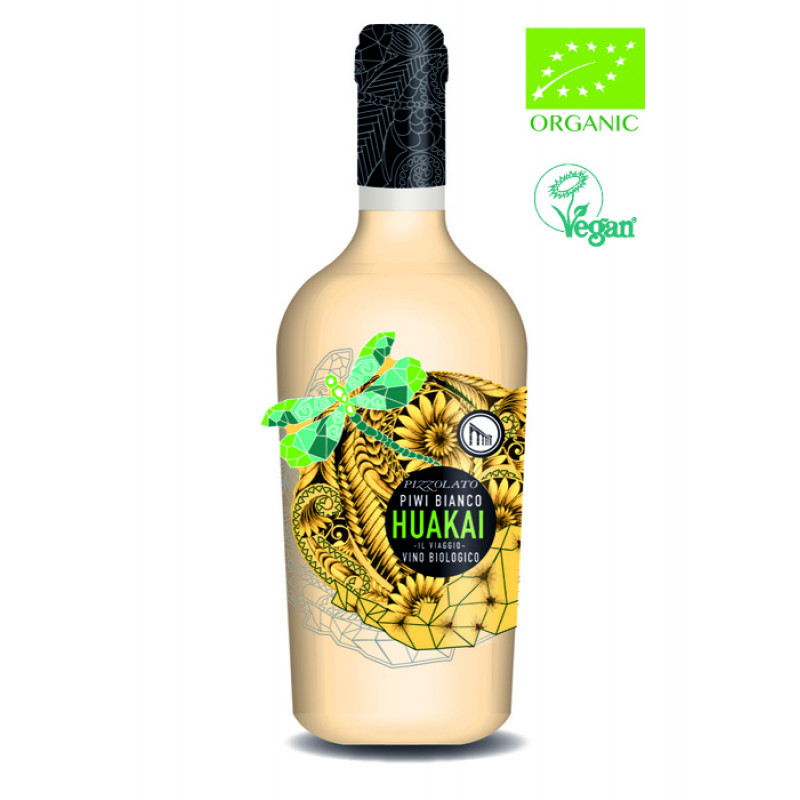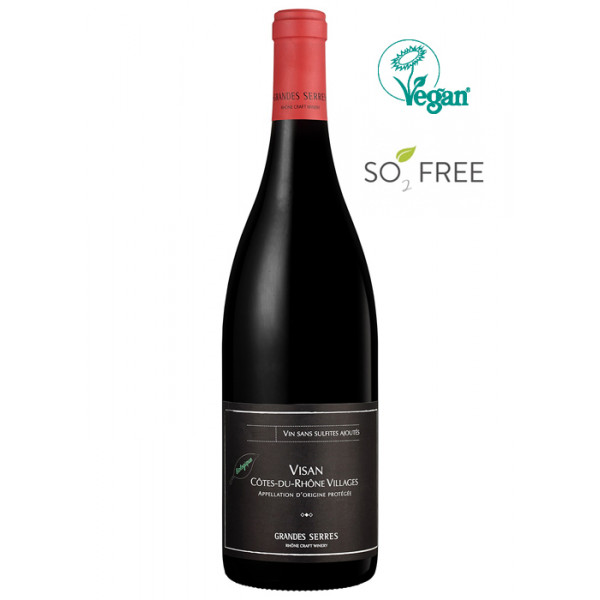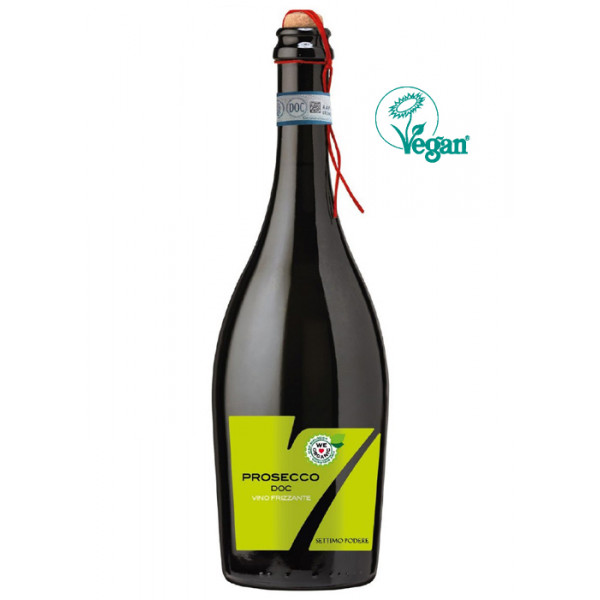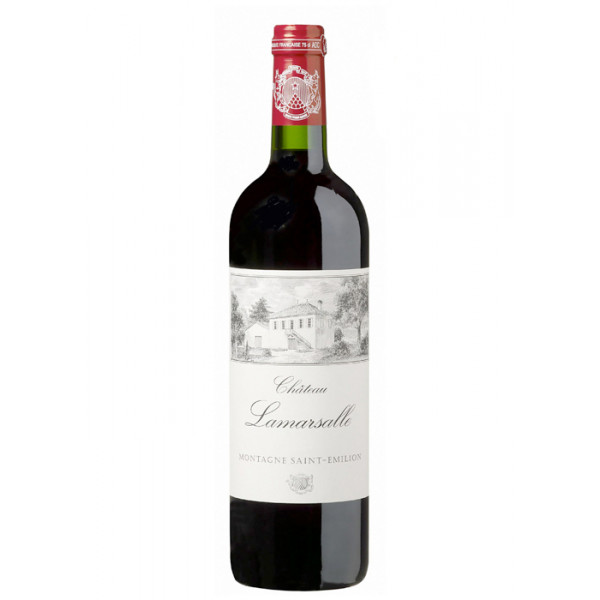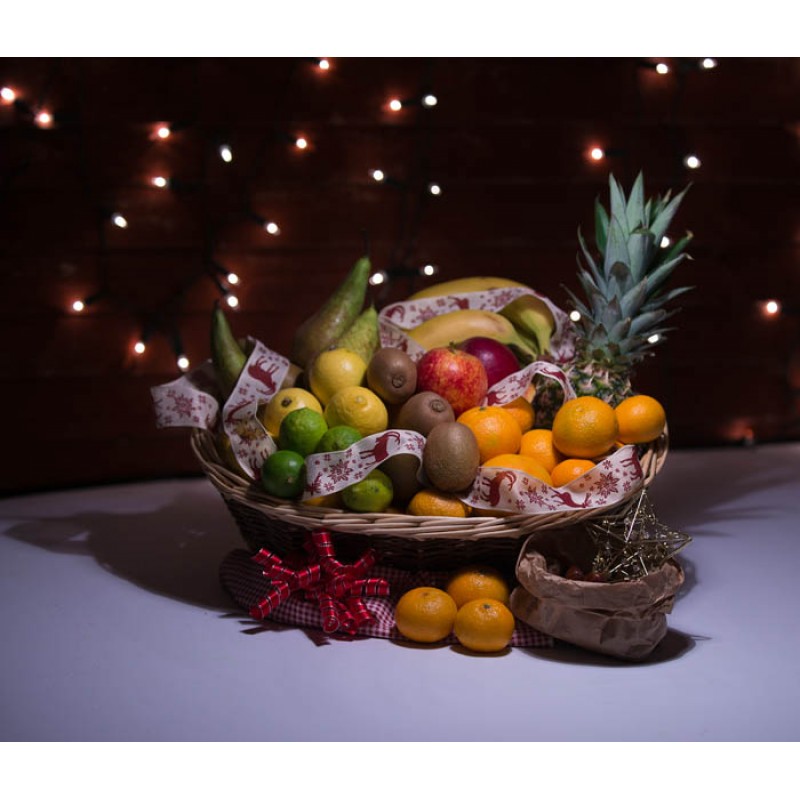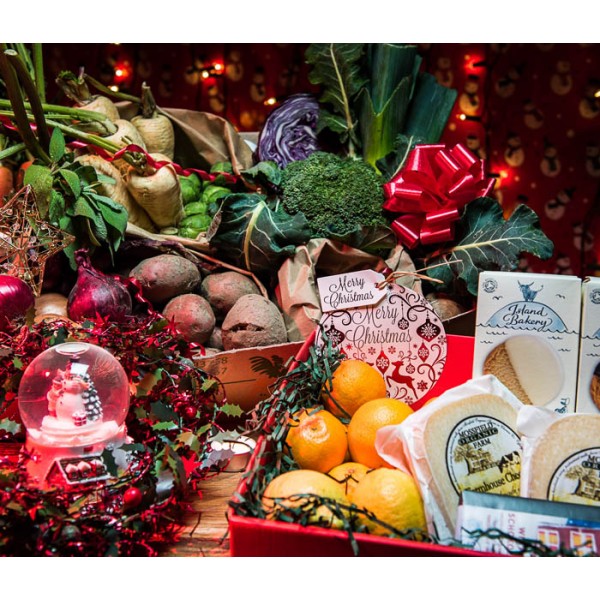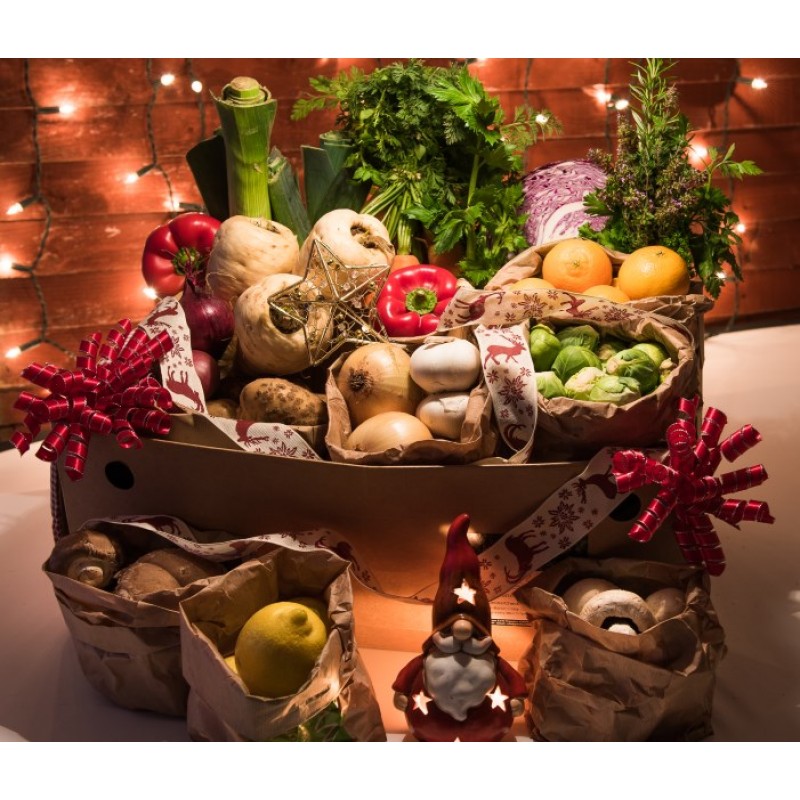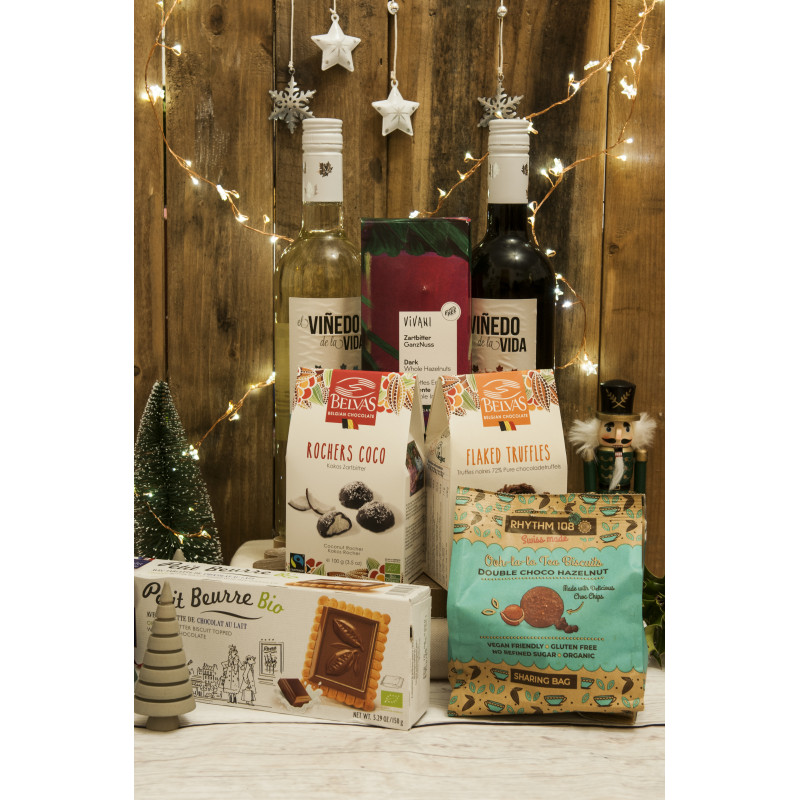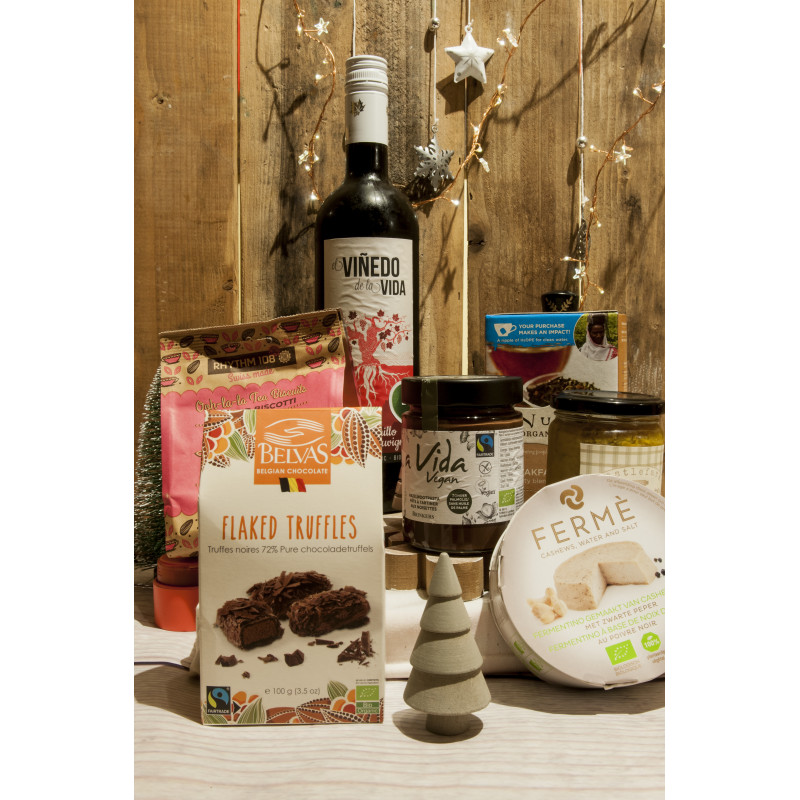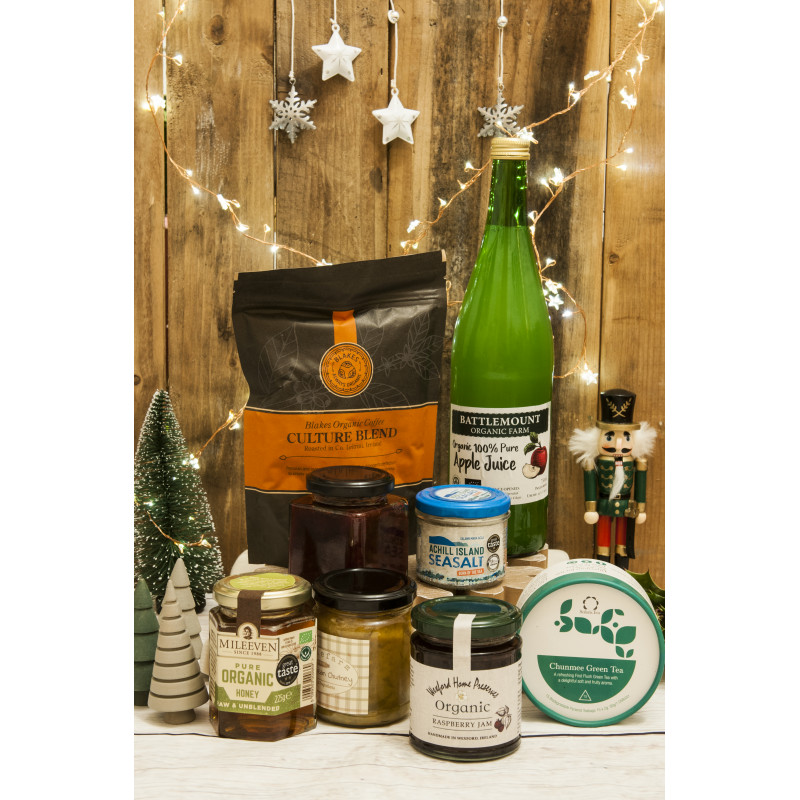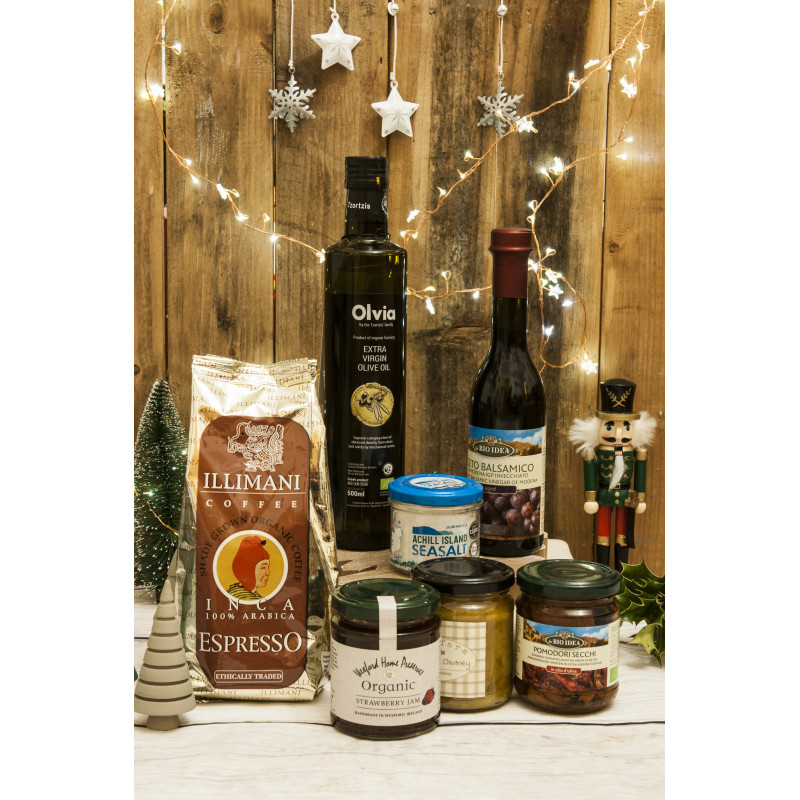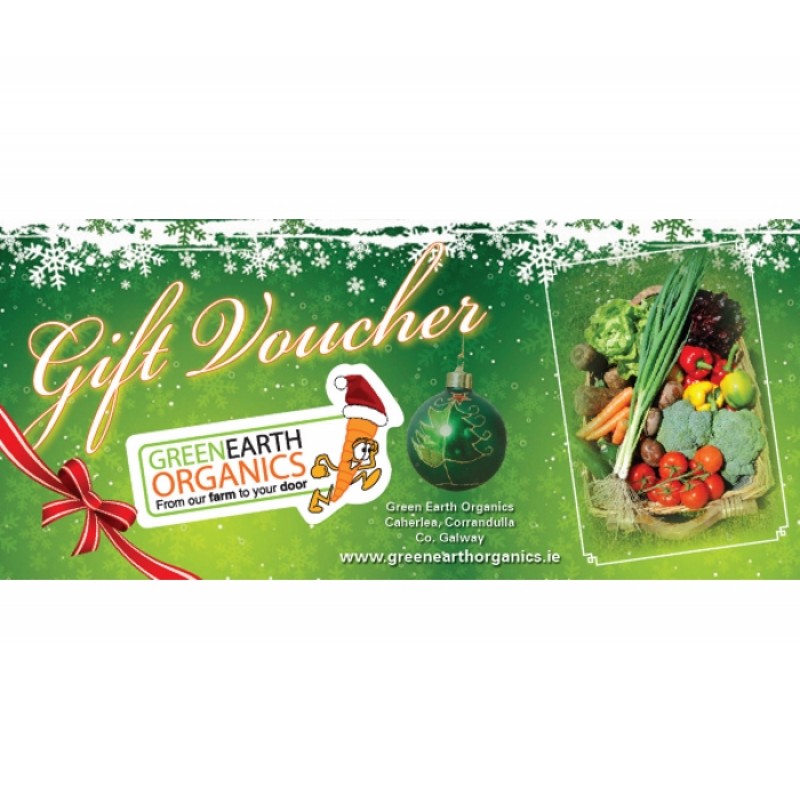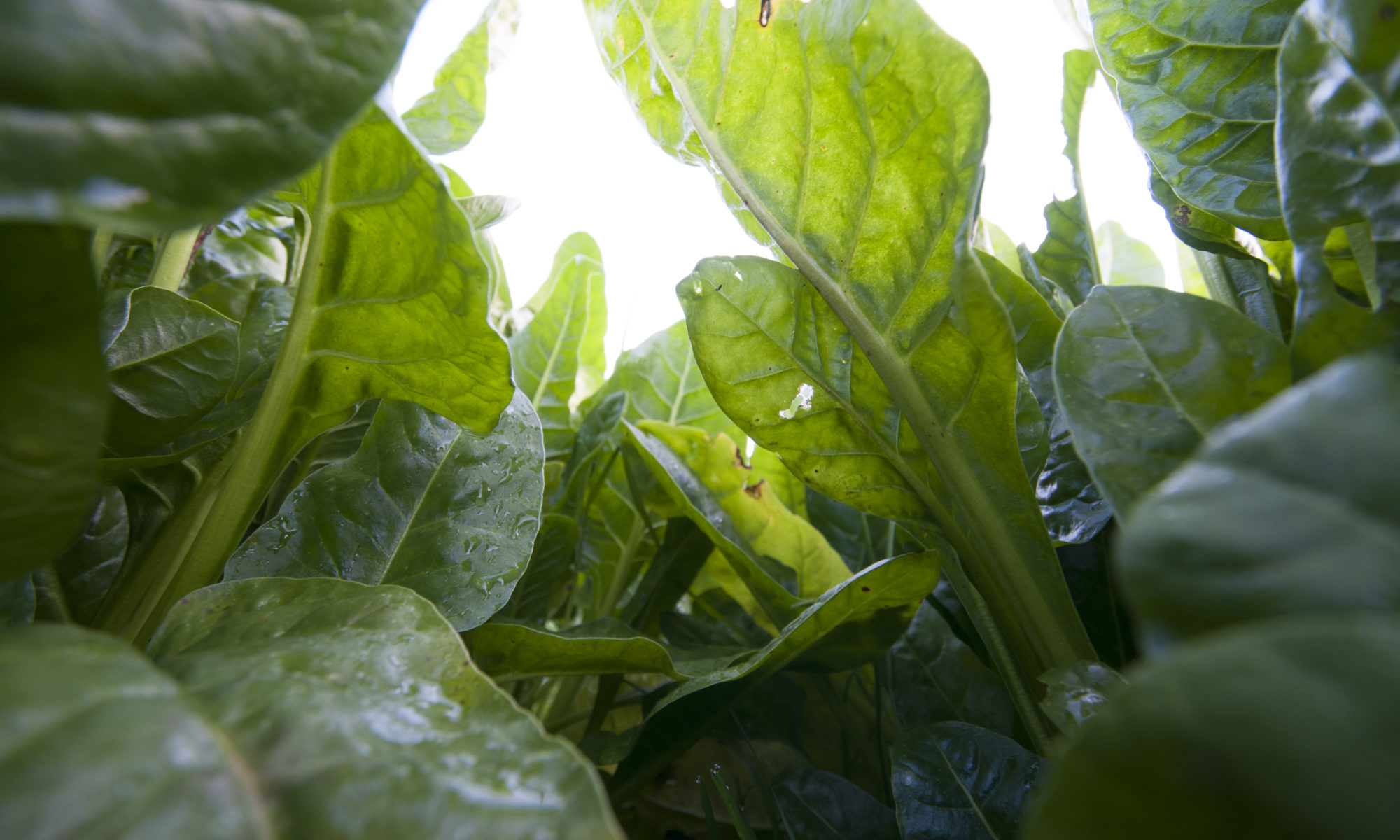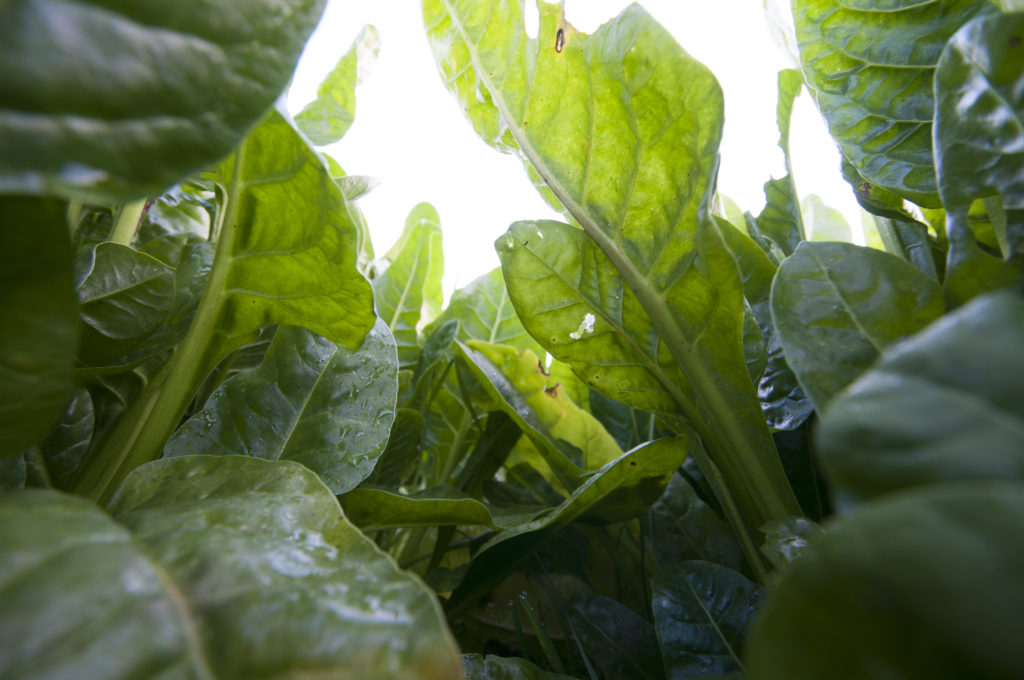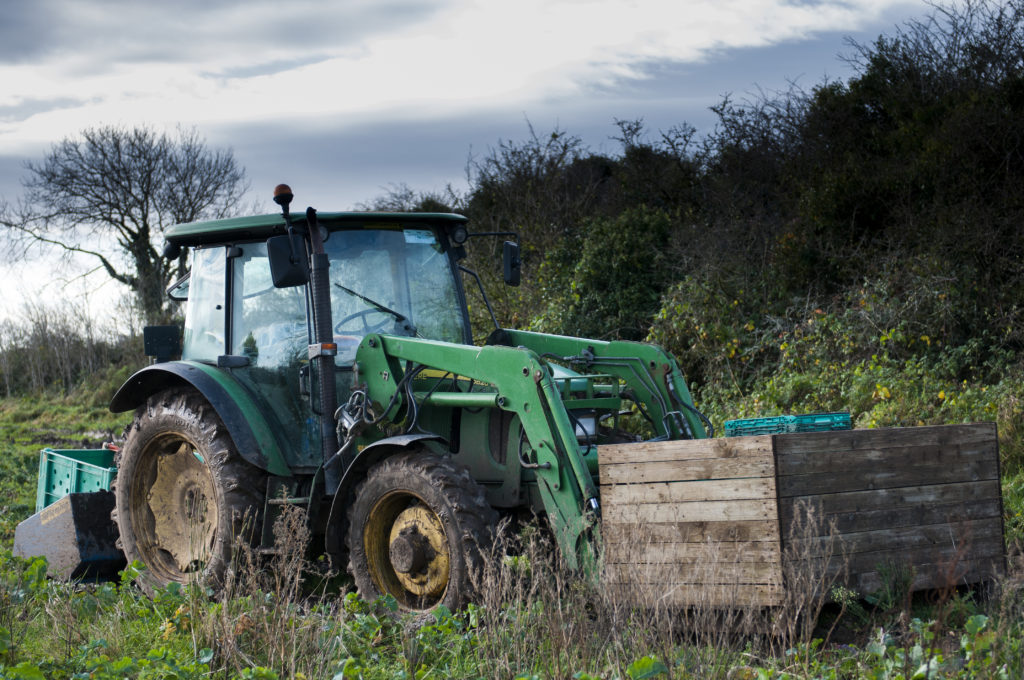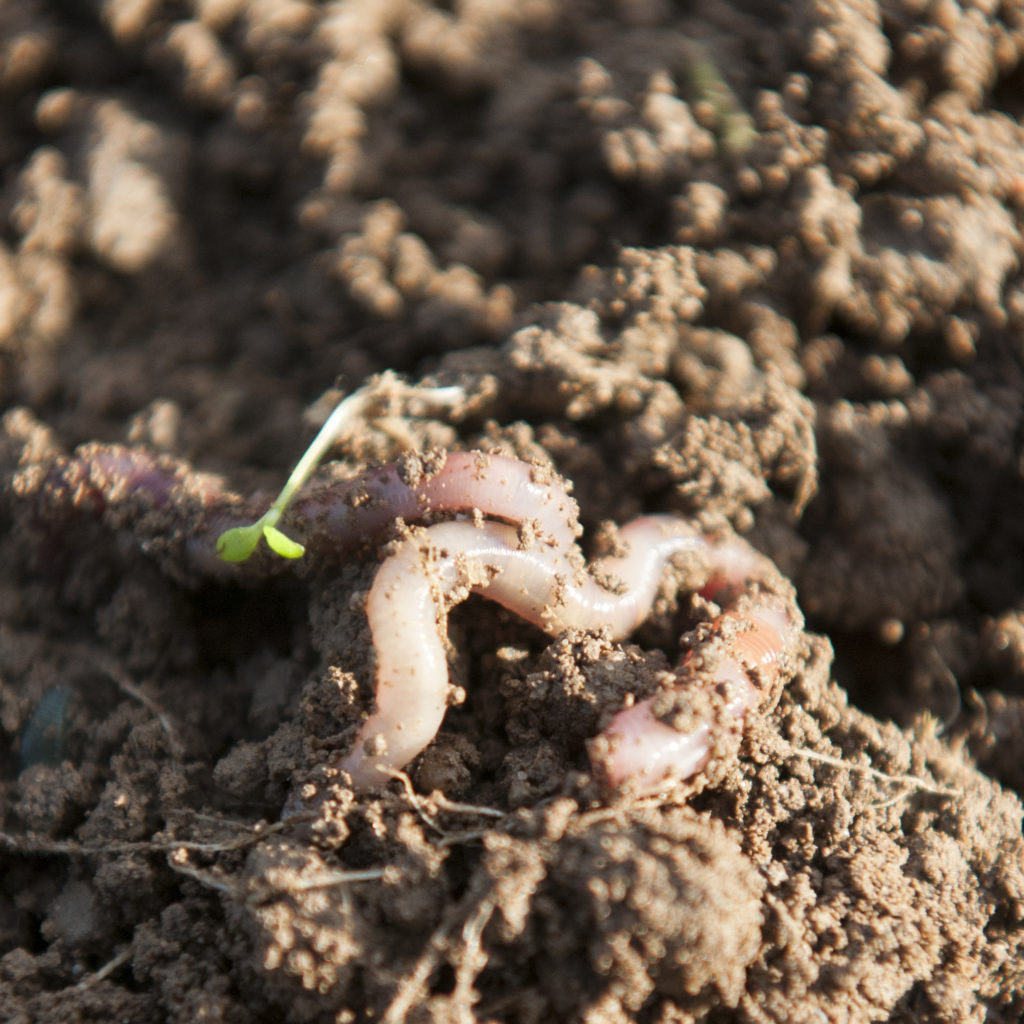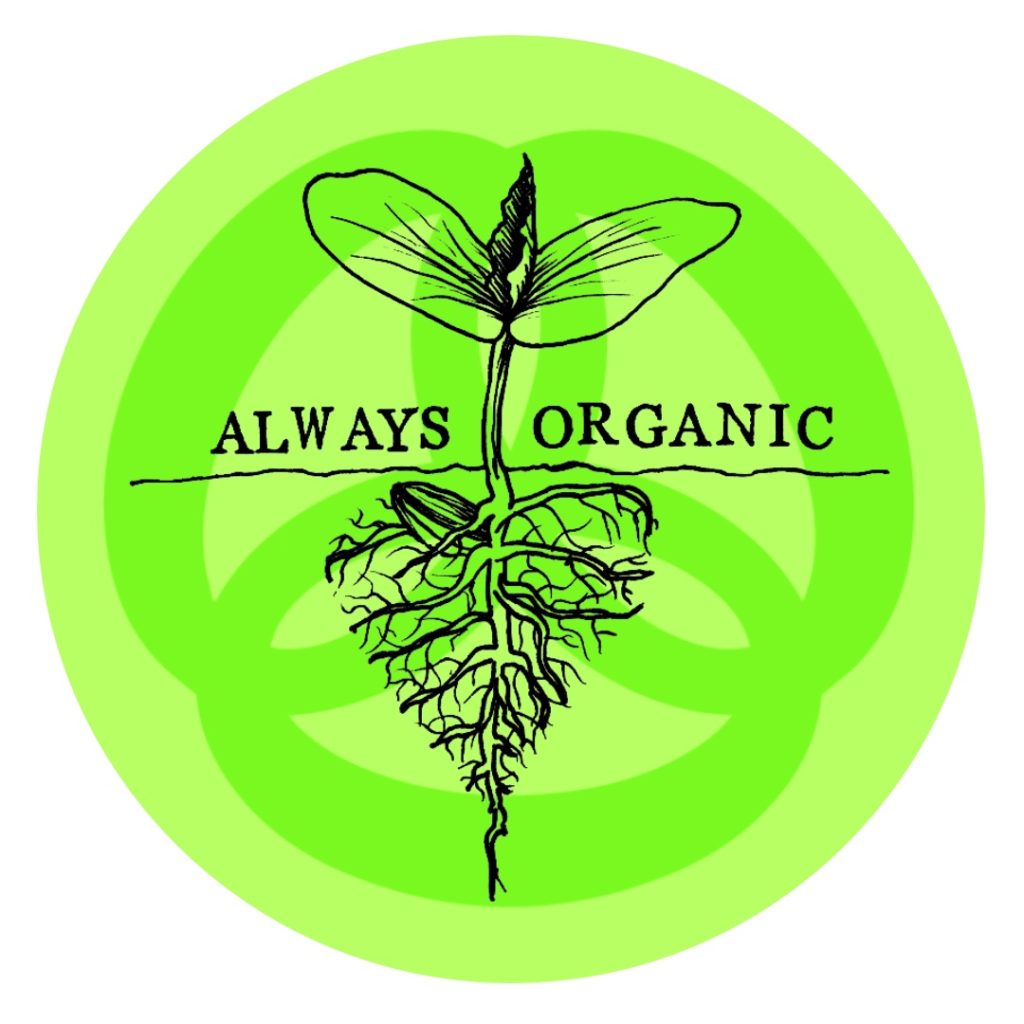What do you think about a major supermarket sending 12 pallets of pineapples (nearly 12,000 pineapples) to waste because they had some blemishes, where is the right in that?
Thankfully, charities such as Food Cloud exist and they stepped in to rectify the situation in this case. If they did not exist where would this food go then?
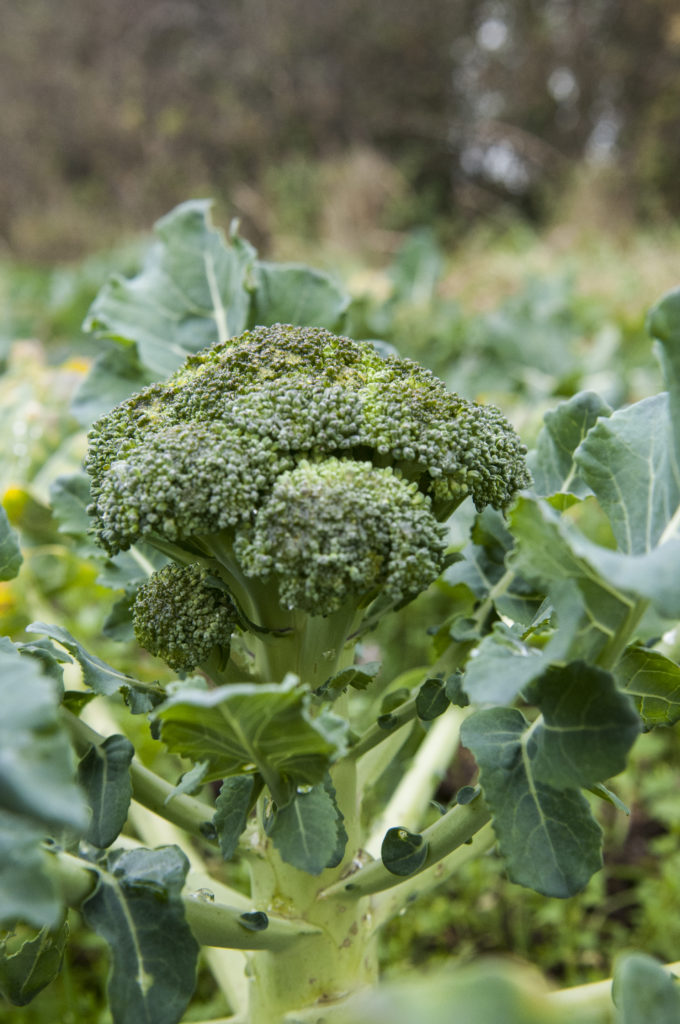
Fresh food is so devalued by supermarkets, it makes me want to cry! It does not benefit the consumer, we think it does but ultimately it does not. How can a supermarket sell onions for 49c? It is not possible to grow a kilo of onions for 49c.
It is the retailers whether it be Tesco or Amazon that hold the keys to the kingdom, they set the prices, they hold all the power, and we the consumer give it to them. They only care about the bottom line driven by profit. But when the damage is done, when the soil will no longer produce the food, what good will all the money be then?
Did you know that supermarket buying practices force the last few cents from the farmer? New supermarket buyers get targets to improve margins, they go straight to the farmer and demand better discounts. Is it really any wonder that young farmers might be disillusioned with the trade? There is a strike next week by farm workers in Spain demanding fairer working conditions and wages, all of this is driven by our cheap food system.
This practice of selling produce below its value, once unthinkable, makes cheap fresh food acceptable in the eyes of the consumers, and how would we be expected to think otherwise? It is everywhere we look, it has effectively been normalised.
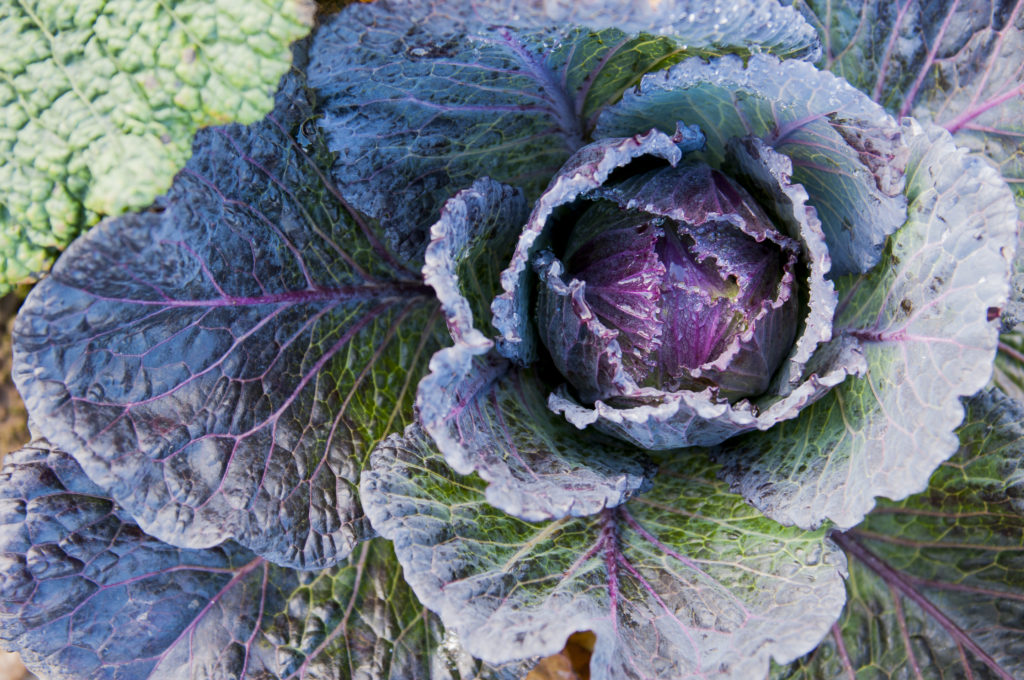
On our farm this year we produced just short of a quarter of a million-euro worth of produce. We broke even, and that is with the farm team working flat out, and having crops grow well, it was a good year. If we had to sell all our produce at supermarket prices, we would have been gone a long time ago, so would the jobs and the people.
Imagine, instead of a race to the bottom, a system that allows for investment in the farms, in the people on the farms, in the biodiversity. A system that does not allow 12 pallets to be dumped because of a blemish on a few pieces, that does not require workers to strike for fair working conditions.
All we need, is to say “no more” to loss leading fresh produce.
I do feel a little better now for getting that off my chest and thank you for listening.
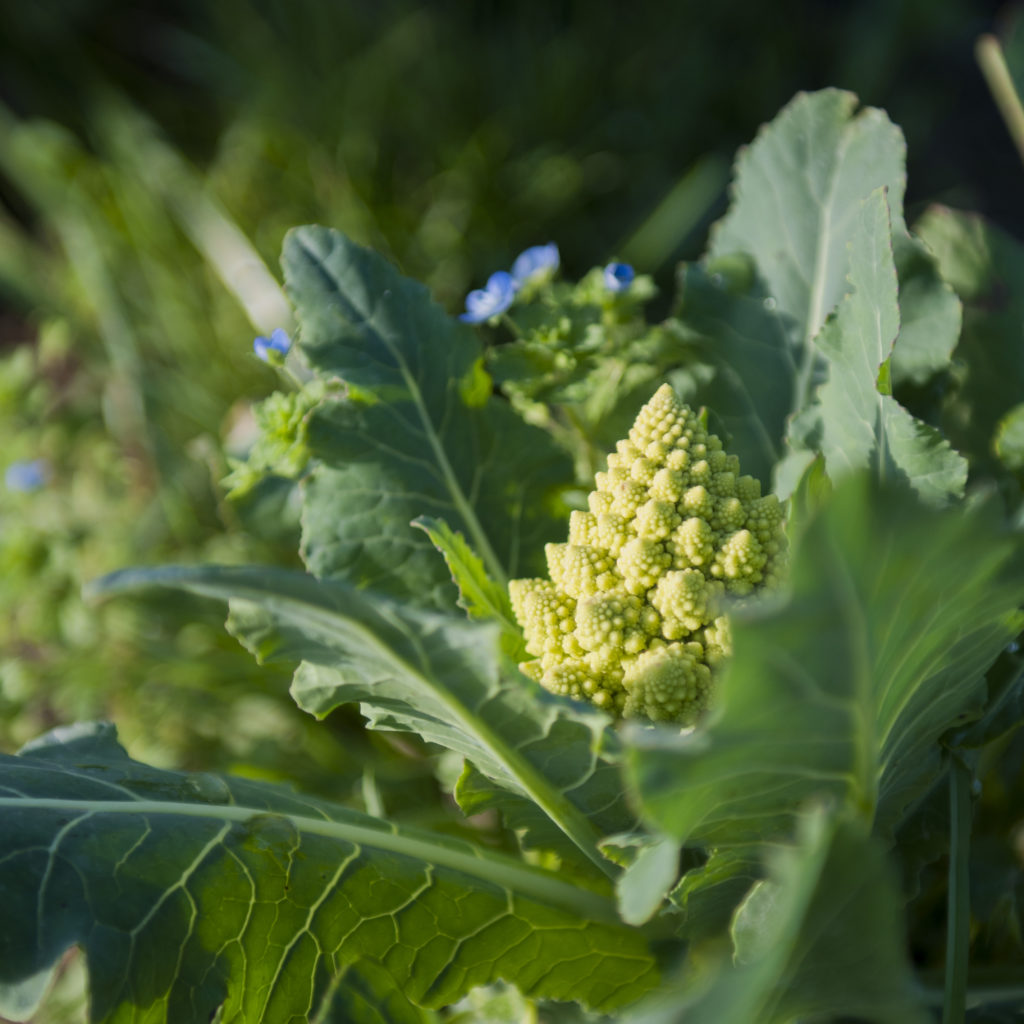
Thank you for your support, thank you for buying our produce, thank you for supporting local jobs, thank you for supporting local food production, thank you for supporting sustainable food production and thank you for sticking with us all year.
You make our farm possible.
Have a magical and safe Christmas.
Kenneth

